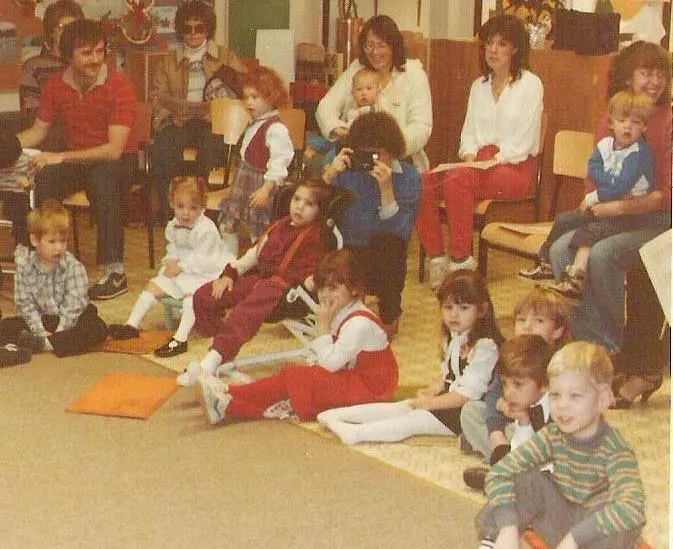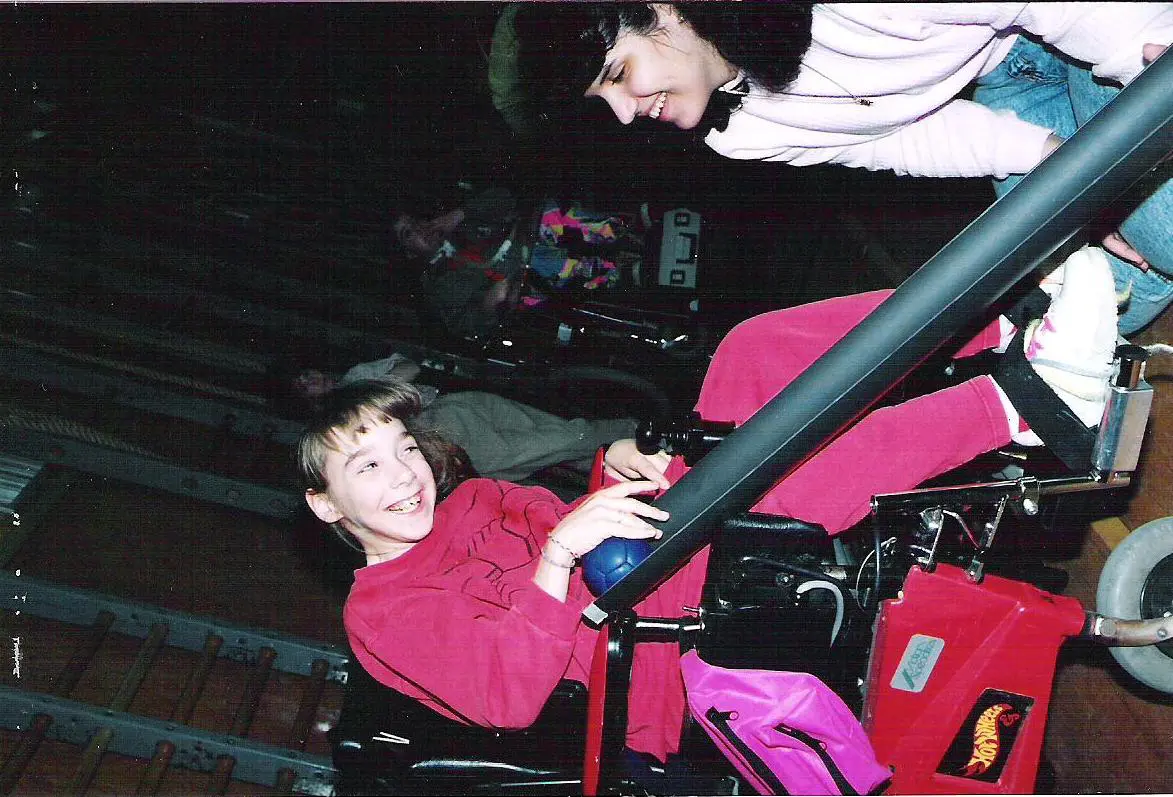Communication is one of those tricky topics. Many people have an opinion about what should work and how it should work. Personally, having a speech impediment makes oral communication challenging. It’s why it’s important to know communication looks different for everyone.

As a kid, it was hard for me to understand why people looked at me differently because, in my head, I felt normal, and when I spoke, I sounded clear. However, when I listened to myself on a recording, I also couldn’t understand myself and had to ask someone who knew me well to translate. Having an Education Assistant (EA) support me throughout my school years made everything a bit better.
Learned Communication
It is essential to learn what your “brain” can physically do as a child. Typically, when first introduced to communication, we model speech through mouth movements and repetition. Most parents can “translate” their child’s words, while others unfamiliar with their communication would be lost and think it’s gibberish. At a young age, we learn the value of communication and how important it is to develop connections with people as we grow. It is no different for people who have challenges speaking.
I began learning how to move my mouth and relax while speaking in school. When I read in front of the class, my EA would hold a piece of paper under each sentence to help me track words with my eyes so I wouldn’t struggle with the following line. After my EA learned how capable I was in Grade 3, we talked to my classroom teacher and explained to treat me the same as other students. When I needed notes from the overhead, my EA supported me by scribing or helping me take notes, depending on the subject. It was always a challenge to show the teacher that I was doing the work until they saw it for themselves when I spoke up and proved myself repeatedly. My EA was my support and my voice.
It could have been Different

I wish that an adult spoke to my classmates about my disability, and maybe the kids would have understood me better and become my friends. Perhaps we could’ve done an activity altogether in class. However, I was fortunate enough to have Education Assistants who knew how important it was for me to communicate and recognize when I needed help. Most of the time, I communicated with my EA to help with my needs and interact with the classroom teacher. I appreciated that my EA would allow me to talk first and then translate.
When I reflect on how I felt in school versus how I feel now when talking to strangers, I am more confident. I wish someone had told me it’s okay to sound different, that my disability doesn’t define me.
As an adult, I appreciate when people ask me to repeat myself, when they repeat what I have said, make eye contact, and take the time to listen. However, when people finish my sentences, answer yes or no to a statement, look at my support worker or talk to me as if I’m a baby, it makes me feel like they do not care about what I have to say. Today, I’m taking baby steps to talk to people, get to know them, and let them know me.
A Word of Advice
If I can offer any advice to Education Assistants, it would be to please teach students in the classrooms that it is okay to be friends with someone who looks or sounds different. It is important to find ways to encourage communication between all the students, despite their differences. If you’re a future Education Assistant, you can try the following things to support a student with speech challenges, help build their confidence and strengthen their communication skills:
- Everyone can communicate one way or another, so you can help by discovering the easiest way the student prefers to communicate.
- Model and encourage the way the student communicates.
- Encourage the student to keep working on their communication. It can be difficult to communicate with challenges, so it is important to teach shortcuts when applicable and be encouraging when it seems too hard.
Communication skills are essential, so it needs to start even if it starts slow. As Education Assistants, you make a difference in students’ experience and help them reach their potential.
Are you inspired to become an Education Assistant? Stenberg College’s EA program can prepare you for this career in just 41 weeks. Click here to learn more!










